Why am I getting :
(373)implicit signed to unsigned conversion
by doing:
fan_on_hh = hh + fan_hh_increment
All fan_on_hh, hh and fan_hh_increment are unsigned char.
This post suggests to do this:
fan_on_hh = (unsigned char) hh + fan_hh_increment
But I keep getting the same warning by doing that.
Is there a way to stop these warnings?
